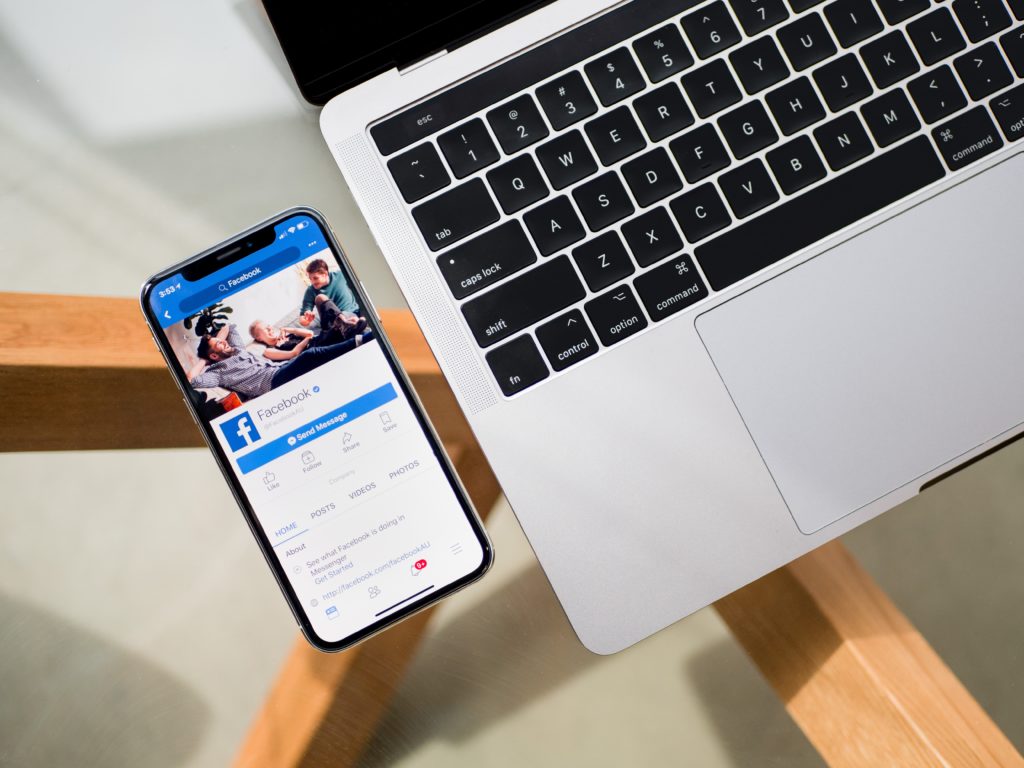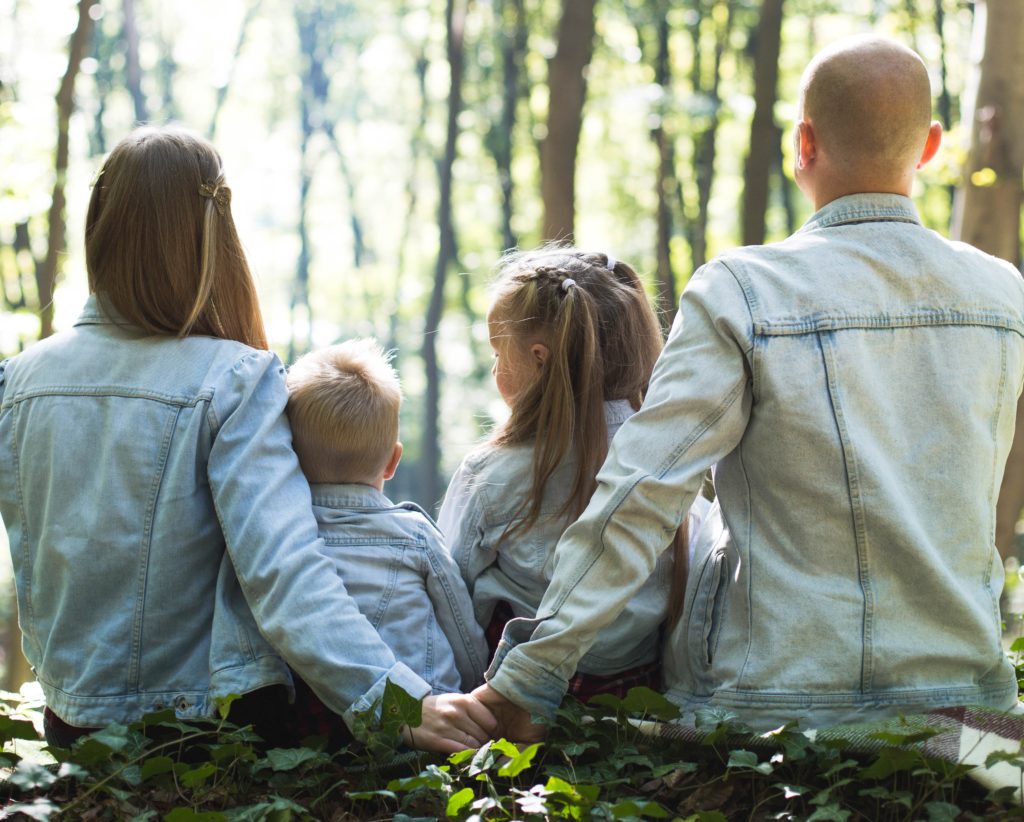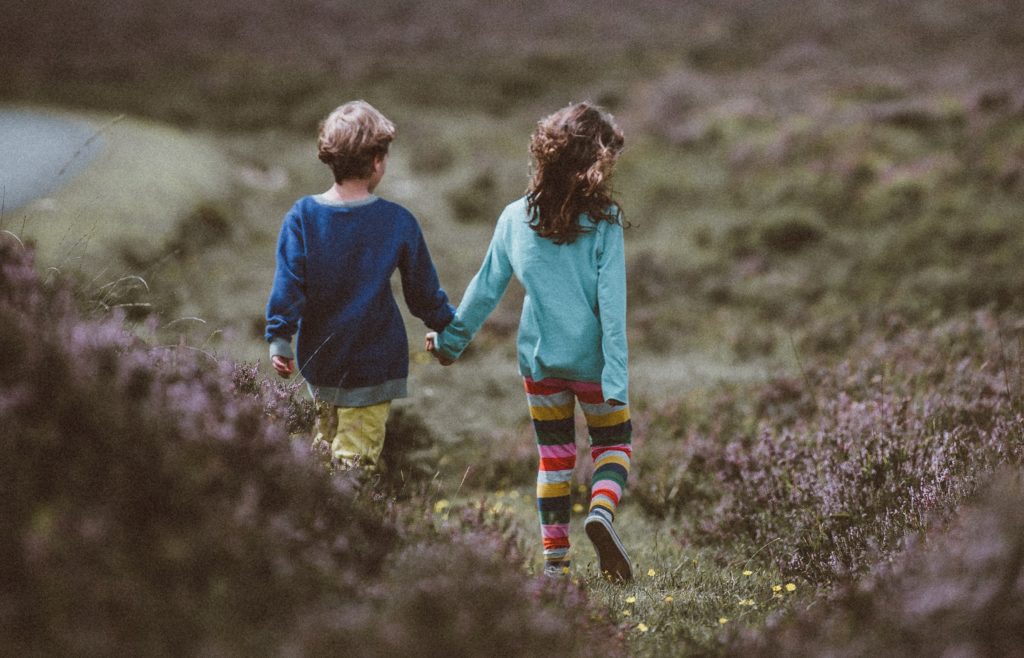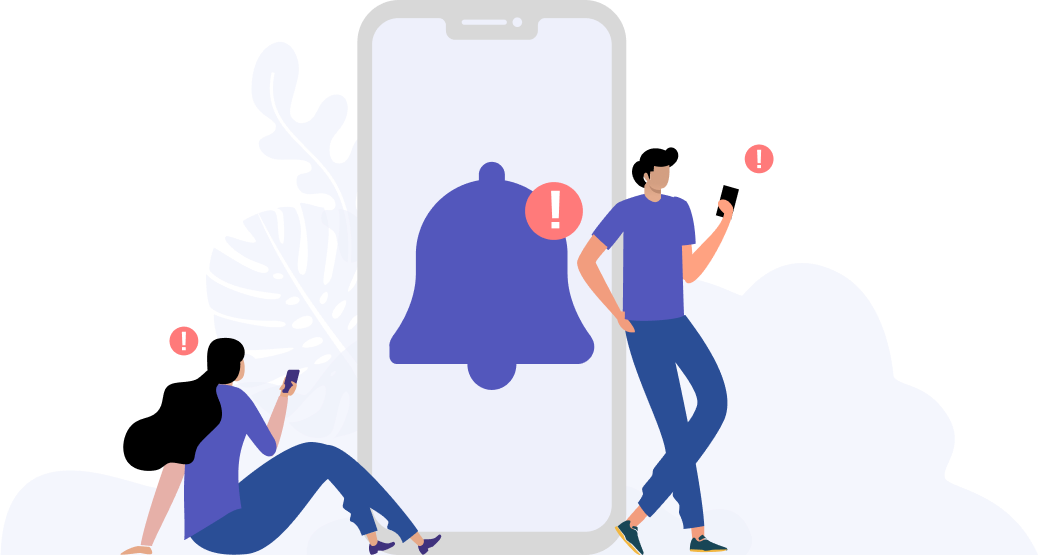How Safe Is It For Your Young Child To Have A Social Media Account?

When age is just a number and it doesn’t stop your young child from creating accounts on various social media platforms, how do you keep them safe online?
Age limits or no limits?
On certain social media platforms such as Facebook, Instagram, and Twitter, a user has to declare that they’re at least 13-years old to create an account. However, as there is no sure-fire way to check the accuracy of the age declared on these accounts, users can easily tweak their age to suit the age requirements of these platforms. That’s how some children manage to create secret social media accounts without their parents’ knowledge. If you’re wondering why age 13 is the magic number, according to the United States’ Children’s Online Privacy Protection Act (COPPA), it declares that social networks or websites are not allowed to share or sell information for children under the age of 13.
Furthermore, child psychologist Dr. Friedman at the University of Alabama at Birmingham reported that children between the ages of 6 to 12 are less able to think abstractly about events and experiences they encounter as compared to their 13 to 18-year old peers. This means that children are less able to think about the possible outcomes and implications of their decisions, or consider different perspectives about a given situation. With anything, responsibility is key. So while we ought to respect our child’s opinions about social media, we shouldn’t discount the importance of the age limit.
So what happens when you realise your 10-year old child has a social media account? What are the dangers? How do we keep them safe?
The pitfalls and how to overcome them.

While social media itself has its merits in terms of social connection and networking, there are concerns as well. Here are some of them, and how you can open up these topics for conversation with your child:
1. Stranger danger
When a stranger approaches your child online, does your child respond and reciprocate? Talk to your child about the consequences of talking to strangers online, and if they don’t know the person in real life, don’t entertain them online.
2. Bullies
Unlike the bullies on the school park, online bullies hide behind a veil of anonymity. Forewarn your child about the dangers of cyberbullying and if your child experiences cyberbullying, gently assure their safety. After your child has shared their experience with you, tell them to block the bully immediately, and if your child has identified the bully as a school mate, inform his/her teacher.
3. Privacy
The allure of sharing content on social media can be exciting for a new user, however, it is important to talk to your child about privacy. Talk to your child about the types of content that can and cannot be shared on their social media. Some social media platforms such as Instagram and Facebook even have privacy controls so that your child can choose who can view their posts, or not. Additionally, remind your child to keep their account passwords to themselves; they don’t have to write it down and share it with their friends.
4. Screen limits
As they always say, too much of a good thing is bad. Social media can be fun, but spending too much time on it can be harmful. Spending too much time on the screen can lead to Digital Eye Strain (DES), a condition that is caused by looking at digital devices for too long. The eyes feel dry, tired, and itchy. Prolonged near-work activity between your child’s eyes and his/her phone can increase the progression of myopia. The plano app has a screen limit function that can limit your child’s screen time. The app aims to help your child develop good eye care habits and prevent myopia from developing further.
Safety first.

Our children’s safety is always our priority be it online or in real life. We, as parents, only want the best for them and so we hope that your child will always be safe and protected online.
Tools Designed for Healthier Eyes
Explore our specifically designed products and services backed by eye health professionals to help keep your children safe online and their eyes healthy.





